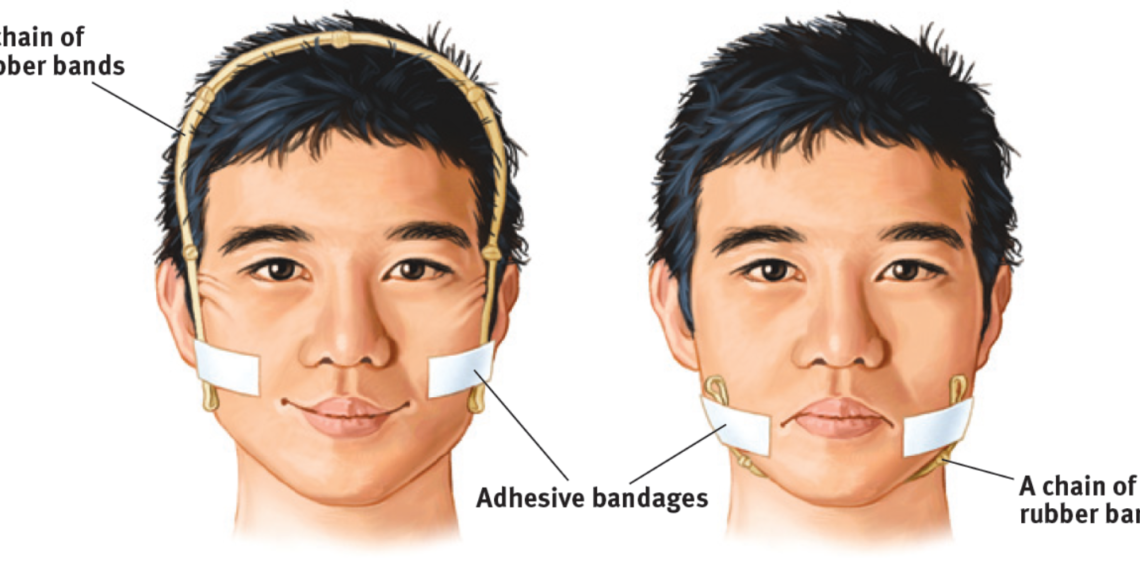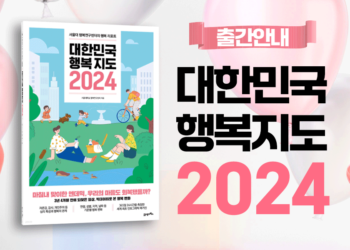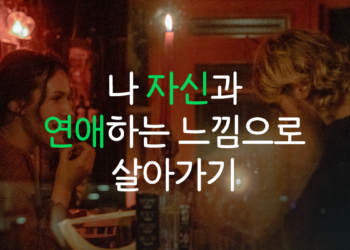보톡스의 안면 피드백 효과
신체적 요소가 정서를 포함한 인지에 미치는 효과를 체화된 인지(embodied cognition)라고 부른다(Wilson, 2002). 예를 들어, 행복한 표정을 지으면 행복해지고, 슬픈 표정을 지으면 슬퍼진다 (Mori & Mori, 2009).
그렇다면, 찡그리거나 슬픈 표정을 할 때 사용하는 안면 근육을 마비시키는 보톡스(Botox) 주사를 안면에 투입한 사람들은 그렇지 않은 사람들보다 더 행복할까? 연구결과는 그렇다는 것을 보여준다 (Wollme et al., 2012). 보톡스를 맞기 직전에 우울증 수준을 측정 한 사람들을 대상으로 4개월이 지난 후 다시 우울증 수준을 측정한 결과, 보톡스를 4개월 후의 우울증 수준이 4개월 전의 수준보다 낮아진 것을 확인할 수 있었다.
또한 보톡스를 맞은 사람들은 그렇지 않은 사람들보다 ‘슬픈’ 혹은 ‘분노’와 관련된 문장을 읽는 속도가 느렸고(Havas et al., 2010), 보톡스를 맞은 사람들은 그렇지 않은 사람들보다 편도체 등의 부정적 정서를 처리하는 뇌의 영역이 느리게 활성화된다는 것을 발견하였다(Hennenlotter et al., 2008). 즉 보톡스를 맞은 사람은 부정적 정서에 극단적으로 반응하지 않을 확률이 높고, 이에 따라 스트레스를 덜 받으며, 결과적으로 더 행복하다.
*더 자세한 내용을 알고 싶다면
Havas, D. A., Glenberg, A. M., Gutowski, K. A., Lucarelli, M. J., & Davidson, R. J. (2010). Cosmetic use of botulinum toxin-A affects processing of emotional language. Psychological Science, 21(7), 895-900.
Hennenlotter, A., Dresel, C., Castrop, F., Ceballos-Baumann, A. O., Wohlschläger, A. M., & Haslinger, B. (2008). The link between facial feedback and neural activity within central circuitries of emotion—New insights from Botulinum toxin–induced denervation of frown muscles. Cerebral Cortex, 19(3), 537-542.
Mori, K., & Mori, H. (2009). Another test of the passive facial feedback hypothesis: When your face smiles, you feel happy. Perceptual and Motor Skills, 109(1), 76-78.
Wollmer, M. A., de Boer, C., Kalak, N., Beck, J., Götz, T., Schmidt, T., Hodzic, M., Bayer, U., Kollmann, T., Kollewe, K. & Sönmez, D. (2012). Facing depression with botulinum toxin: A randomized controlled trial. Journal of Psychiatric Research, 46(5), 574-581.
Wilson, M. (2002). Six views of embodied cognition. Psychonomic bulletin & Review, 9(4), 625-636.




![[연구참여자 모집/사례 지급] 자유연상 패턴과 심리적 속성 간의 관계 탐색](https://happyfinder.co.kr/wp-content/uploads/2024/05/워드프레스_연구참여자모집-360x180.png)













